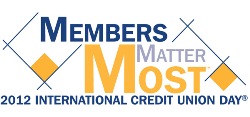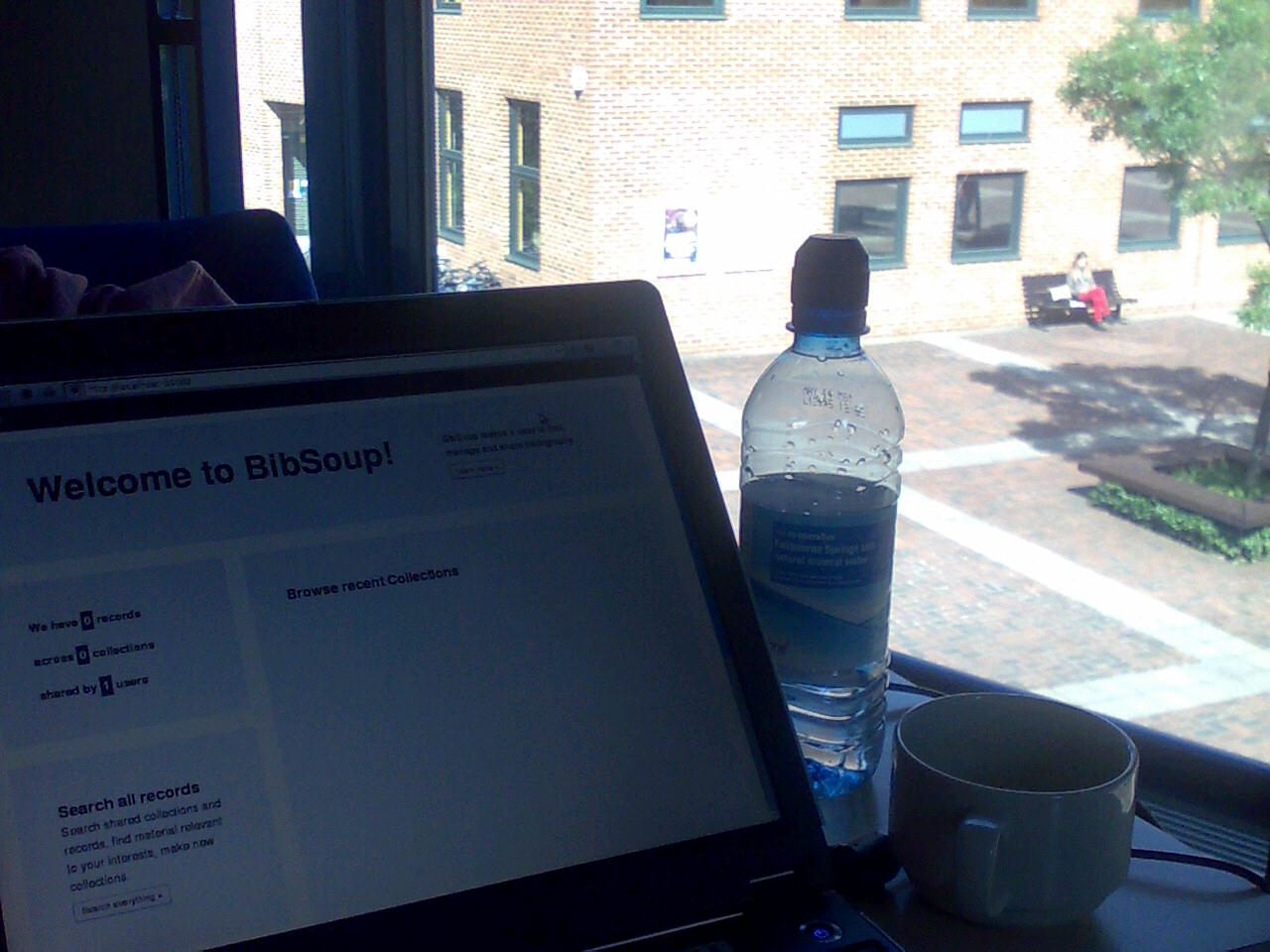I sometimes ask other co-ops and social enterprises to publish things as web pages, PDFs, ODFs or basically any standard format instead of Microsoft Word Doc files.
Doc files have the practical problem that they look different even in different versions of Microsoft Word, but also, Microsoft is not a co-operative (a private-sector firm oft accused of bring a monopolist, in fact!), whereas PDF, ODF and so on are more co-operatively developed, so I feel that we should support the better alternatives.
The usual first move is to PDFs. I don’t like them as much as web pages (it’s a file to download and open in an app or plugin, rather than something I can just read without interrupting my flow), but the process is basically the same. Just upload a PDF where you would have uploaded a Doc.
Occasionally, I get a reply saying that PDF is no better than Word because Adobe are also a private-sector supplier and therefore not much different from Microsoft (not as big, though?), while doc files are an ISO standard too.
I’m careful to suggest using ISO PDFs rather than Adobe PDFs. Although PDF started with Adobe, it was given to an independent ISO process (currently co-chaired by someone from Microsoft, which amuses me) and so software to read it has been developed by a wide range of people, including our co-op in a small part. You can find some non-Adobe software for reading PDFs at http://pdfreaders.org – there is also alternative PDF creation software, such as that built-in to libreoffice, but I don’t know of a good similar listing for them.
Microsoft have only given part of Doc (called Docx) to the ISO process and there is a limited range of other readers for it, which suffer the same “different on every version” problem as Word as far as I’ve seen. There’s also the added complication that Microsoft Office reportedly won’t comply with the Strict standard before Office 2013…
More widely, Microsoft are so un-cooperative that they don’t seem to want to share a marketplace with anyone else and have been hauled in front of regulators numerous times for monopoly offences. They seem to be on their way there again.
So Adobe is not great (does its best to continue marketing and extending PDF as if it had sole control), but Microsoft is much worse.
ISO ODF and web pages are other possibilities. The ODF standards are mainly developed by the democratic non-profit Organization for the Advancement of Structured Information Standards, while web standards are mainly developed by an unincorporated trade consortium, the W3C. While they are not themselves co-operatives, co-operatives can be members of both of those.
So, whatever the problem, please prefer to publish web pages, PDF or ODF files, rather than Microsoft Word Doc files.




 Credit Unions are financial co-operatives where a
Credit Unions are financial co-operatives where a 
